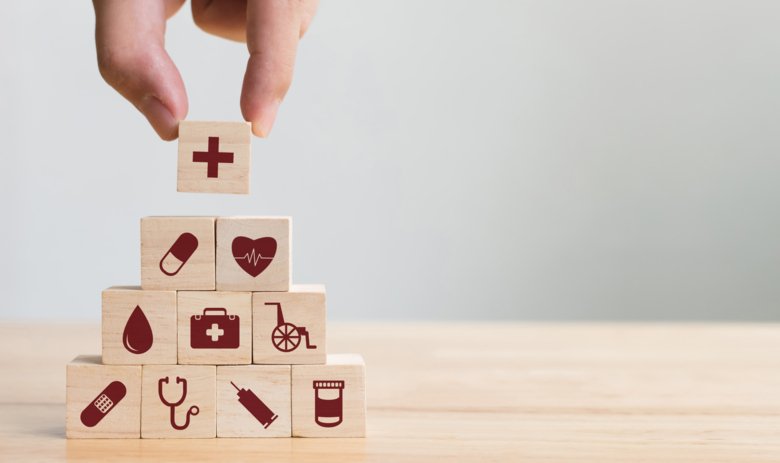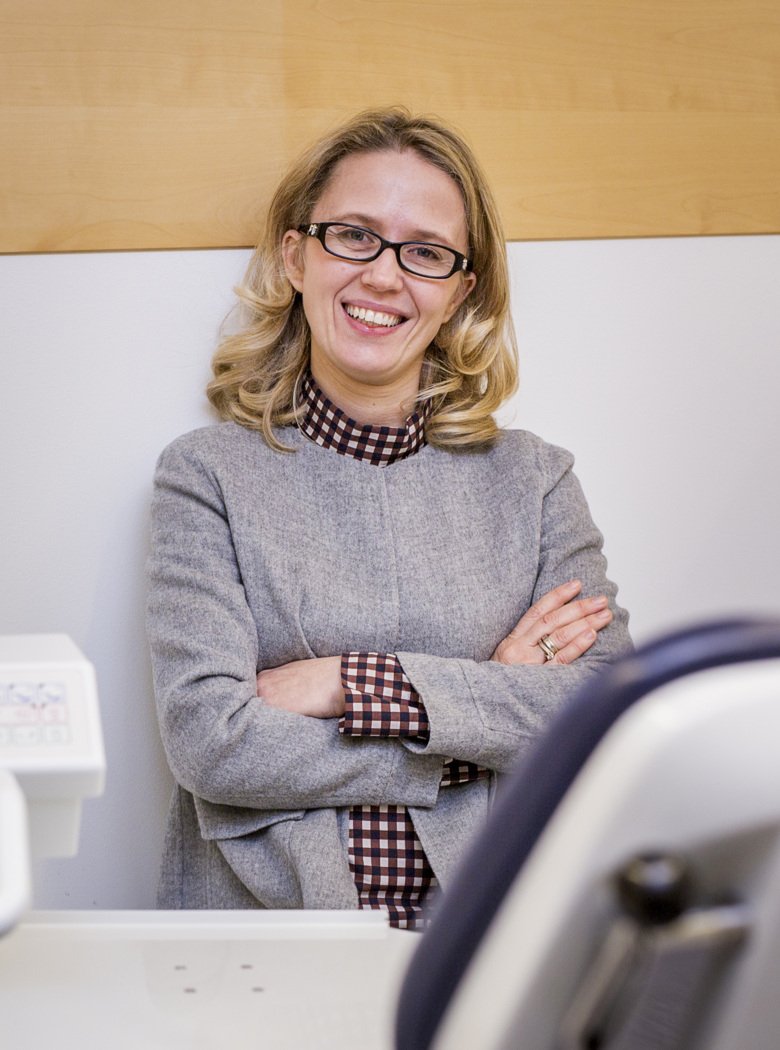Horizon Europe grants over SEK 100 million to researchers at Karolinska Institutet

Through the Horizon Europe programme, researchers at Karolinska Institutet have been granted large financial grants for approximately 20 different projects aimed at solving various societal challenges in health. One of the projects will explore the possibility of creating a common system for the reuse of already approved medicines to treat various diseases.
Horizon is the EU’s main programme for funding research and innovation, contributing, among other things, to achieving the UN Sustainable Development Goals and boosting the EU’s competitiveness and growth. Following tough competition, KI has been granted support in several projects, both small and large. A prerequisite for support is cooperation with partners in other EU countries. This type of collaboration provides access to cross-border knowledge and increases the chances of achieving better results and using resources efficiently.
Innovations to improve oral health
Nagihan Bostanci, professor of inflammation research (periodontology) and head of internationalization at the Department of Dental Medicine at KI, is one of the researchers who received project funding to develop tools for innovations in dentistry as part of the DELIVER project. The project, which has been granted approximately SEK 50 million, will be conducted in close collaboration with partners in seven other European countries: The Netherlands, Germany, Denmark, England, Malta, and Portugal.

“Oral diseases and conditions affect more than 3.5 billion people worldwide and are also one of the most expensive areas of disease to treat. Unfortunately, oral care is often forgotten when talking about general health, so that is why I am very happy and proud that our research project has been granted funding from Horizon,” says Nagihan Bostanci.
Although oral diseases are considered preventable through daily oral hygiene, it does not turn out so well for everyone because there are several obstacles to effective oral care. The goal of the project is to improve patients’ oral health through dialogue and measures involving citizens and patients as well as suppliers, dental practitioners, and decision-makers.
“Unfortunately, the current dental care system has many limitations, and we shall therefore develop an innovative, patient-driven dental care model that optimizes oral health and overall well-being, especially among vulnerable groups,” says Nagihan Bostanci.
There is a need for a more holistic approach to oral health, including greater implementation of combined personal healthcare/dental care. As part of this, researchers will involve patients and survey the patient’s journey. The aim is to create a better understanding of patients’ experiences of interprofessional care with several care paths, such as periodontitis and diabetes. They will also investigate whether so-called digital companions, such as health apps, can strengthen patients in their oral care.
Reuse of medicines saves time and money
Another exciting project is REMIDi4ALL, the purpose of which is to increase the possibilities of reusing medicines. The project, which runs for five years, has been awarded EUR 23 million, of which Karolinska Institutet’s share amounts to almost SEK 18 million.
“Among other things, we will identify, test and validate how existing medications can be used in new treatment areas, which will create the potential to reduce both the time and the extensive costs that drug development entails,” says Annika Jenmalm Jensen, researcher and head of the core facilities at the Department of Medical Biochemistry and Biophysics, MBB, at Karolinska Institutet.
REMIDi4ALL, which is run by KI and 23 other European organisations, will develop and provide a research and innovation platform with expertise and services in all areas required for drug repurposing to be high-quality and point-of-care. An important part of the project is about collecting and developing advanced so-called in silico tools for machine learning and artificial intelligence. The platform’s various processes and tools will first be validated using four pilot projects representing disease states related to cancer, rare diseases, and infectious diseases. Päivi Östling, a researcher at the Department of Oncology-Pathology at Karolinska Institutet, will be responsible for one of these pilot projects.
“Karolinska Institutet will, through MBB’s core facilities, lead the work in preclinical development and validation but also contribute broadly to the construction of the platform,” says Annika Jenmalm Jensen.
Projects granted where KI has received support from Horizon Europe
- Prevention to Reduce Incidence Of Sexual Abuse by Reaching Individuals Concerned About Their Risk to Young People (PRIORITY)
- European Cohorts of Patients and Schools to Advance Response to Epidemics (EuCARE)
- Skills for the European Open Science Commons: Creating a Training Ecosystem for Open and FAIR Science (Skills4EOSC)
- Research Analysis Identifier System (RAISE)
- A European-wide foundation to accelerate Data-driven Cancer Research (EOSC4Cancer)
- Deliberative improvement of oral care quality (DELIVER)
- Personalised Exercise-Oncology for improvement of supportive care: a super umbrella trial to demonstrate the (cost)effectiveness of live-remote exercise in cancer survivors (PREFERABLE-II)
- The human genetic and immunological determinants of the clinical manifestations of SARS-CoV-2 infection: Towards personalised medicine (UNDINE)
- Optimising colorectal cancer prevention trough personalised treatment with artificial intelligence (OperA)
- A holistic approach in patient management and epidemic surveillance through convergence of diagnostic technologies, capacity building and stakeholder engagement (HoliCare)
- International Clinical Validation of Radiomics Artificial Intelligence for Breast Cancer Treatment Planning (RadioVal)
- Understanding the individual host response against Hepatitis D Virus to develop a personalized approach for the management of hepatitis D (D-SOLVE)
- Building a sustainable European innovation platform to enhance the repurposing of medicines for all (REMEDI4ALL)
- Epigenetic regulation of host factors in viral infections (EPIVINF)
- Respiratory Host-Pathogen Interaction (REACT)
- Identification of chemical and biological determinants, their sources, and strategies to promote healthier homes in Europe (INQUIRE)
- Heat Indicators for Global Health (HIGH Horizons): monitoring, Early Warning Systems and health facility interventions for pregnant and postpartum women, infants and young children and health workers (HIGH Horizons)
- A Personalized Prevention roadmap for the future Healthcare (PROPHET)
- Risk and Resilience in Developmental Diversity and Mental Health (R2D2-MH)
- Partnership for the Assessment of Risks from Chemicals (PARC)
